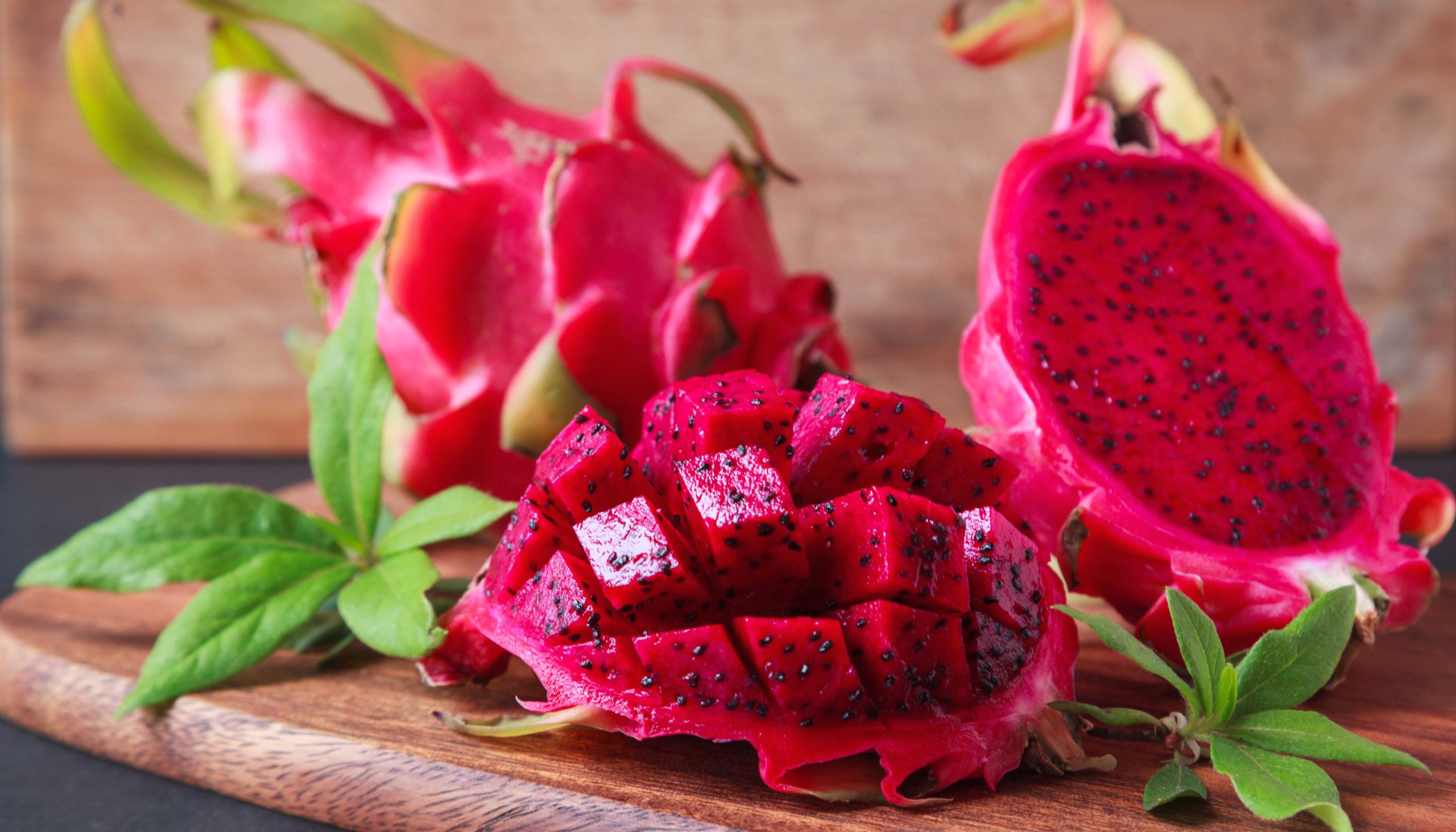5 Exotic Fruits That Fight Cancer & Where You Can Travel To Try Them

Research suggests approximately 30-40% of cancer diagnoses could be prevented by modest diet and lifestyle changes. The easiest way to make positive changes is to add more nutrient-packed plants to one’s diet!
Though the United States has a variety of tasty fruits and hearty vegetables, it only offers a small fraction of the fruit family. Across the world, hidden in foreign countries, are thousands of types of exotic fruits – all packed with unique nutrients with extensive health benefits.
Looking for some bucket list inspiration?
Check out these 5 cancer-fighting exotic fruits and learn where to travel to taste them!
- Soursop Fruit
This spiny green superfruit boasts a dense array of nutrients and antioxidants that studies show are highly effective at destroying cancer cells and warding off chronic disease. Soursop is rich in B vitamins, vitamin C, calcium, magnesium, phosphorus, and iron.
Add Central and South America to the bucket list to try soursop fruit!
- Cupuaçu
Cupuaçu is a fragrant fruit with a chocolatey pineapple flavor found deep in the heart of the Amazon.
Rich in vitamins B1, B2, B3, and fatty and amino acids, along with 9 protective antioxidants including vitamin C and A, this fantastic fruit also contains selenium, calcium, and other health-promoting minerals. Cupuaçu’s dense nutrients and antioxidants can help prevent various cancers, including mouth, throat, esophagus, stomach, and colon.
Travel to South America – particularly Brazil – to try cupuaçu.
- Goji Berry
One of the most highly regarded berries in Asia, goji berry has been a staple of Traditional Chinese Medicine for thousands of years.
Goji berry has been extensively researched regarding cancer, where it’s shown high immunoactivity. Human trials involving the use of goji berry as a cancer treatment have led to positive outcomes in tumor regression. They have demonstrated benefits in stopping the growth and spread of cancer cells.
Pack your bags and book a ticket to China to taste test these miracle berries!
- Dragonfruit
Dragonfruit is a stunning pink fruit that comes in three vibrant colors. Two have pink skin; one has white flesh, one has red flesh, and another has yellow skin with white flesh.
Lycopene gives this fruit its rich color, and according to the National Cancer Institute, may protect against certain cancers. Results from animal studies have shown that lycopene may have chemopreventive effects for prostate, breast, lung, liver, and skin cancer.
Take your pick of these incredible destinations to try dragonfruit: Southeast Asia, Central and South America, Israel, or Mexico.
- Gardenia Fruit
You may have heard of a gardenia plant with beautiful, aromatic white flowers. This plant bears deep orange-colored fruit in October that, while a little bitter, are packed with vitamins that benefit the body.
Consumption of gardenia fruit directly inhibits a mitochondrial protein known as UCP2. This protein protects cancer cells, shielding them from oxidative stress by inhibiting mitochondrial oxidative phosphorylation. Put simply, gardenia fruit is potently anti-tumoral while exhibiting selective toxicity only against malignant cells.
While commonly used in Korea, you can also travel to Africa, Asia, Madagascar and Pacific Islands, and Australia to try gardenia fruit.
Ready to pack your bags and take off on a tasty adventure?
The National Foundation for Cancer Research has partnered with several airlines to support cancer research providing donors with a win-win giving opportunity. Fly to Find a Cure is a program that allows frequent flyers, travel enthusiasts, and most importantly, those passionate about supporting cancer research to make a real impact through giving with the benefit of receiving airline miles in return!
If you’re a member of Alaska Mileage Plan or United Mileage Plus, you can get 10 miles per dollar donated year-round and up to 15 miles per dollar donated during our limited specials! Visit nfcr.org/miles to learn more.
Additional Reads You May Enjoy:
5 Tips for Eating Healthy While Traveling
Lingering Effects of COVID-19 on Travel and 5 Tips on How to Plan Ahead
Turn Your NFCR Donation Into A Dream Vacation
Stay connected with the cancer community! Receive NFCR’s monthly e-newsletter and blogs featuring stories of inspiration, support resources, cancer prevention tips, and more. Sign up here.











